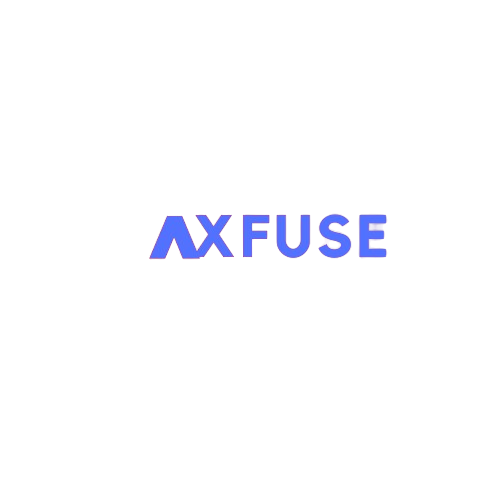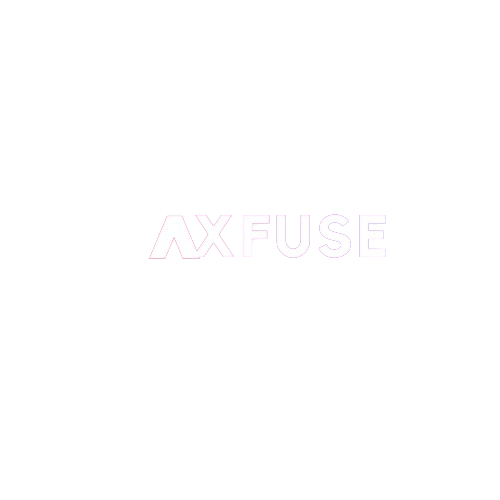Foreign nationals who intend to receive medical care in the United States should apply for a U.S. medical visa, whether for themselves or a member of their immediate family, first consider the visa requirements.

Although seeking medical care from a U.S. doctor may not seem like a typical “tourist for pleasure” activity, the B-2 visiting visa is the one to apply for if you need to come to the U.S. for this purpose. The U.S. embassy or consulate in your area must receive your application. You must demonstrate that this therapy is both medically required and inaccessible in your home country to be granted a B-2 guest visa, as well as that you have the financial means to cover the frequently prohibitively expensive charges of U.S. healthcare.
Here, we provide a thorough description of how to successfully obtain a U.S. visa for medical treatment in the country.
B-2 Visa: Suitably Qualified U.S. Visa for Medical Purposes.
For foreign citizens who wish to temporarily enter the United States to receive medical treatment there or for other health-related reasons, the B-2 visa is the most suitable category of visa.
In addition to meeting the standard B-2 visa requirements, which include proving that the applicant currently resides in a foreign country and has no plans to leave, those applying for a B-2 medical visa must also show that they have a valid reason for needing medical treatment in the United States and that they have the financial resources to cover all associated costs, such as doctor and hospital fees.
Read Also: 10 Best Countries to Migrate with Families and the Process to Obtain Permanent Resident Permit
Read Also: 15 Beautiful Islands for Your Dream Vacation
B-2 Visa Requirements.

You must be able to prove both your need for medical treatment outside of the United States and your ability to pay the high costs of medical care in the United States to qualify for a B-2 visa. You must offer proof that demonstrates:
1. You are visiting for medical treatment only.
You should be prepared to provide copies of any correspondence or papers from the doctor or healthcare institution in the United States as well as any medical reports and/or documentation from the doctor treating you in your home country.
• You intend to stay in the United States for a specific amount of time.
A letter from your doctor is preferred as the best kind of paperwork to illustrate how long you will need to receive therapy or health professionals in the U.S.
• You are a permanent resident of your own country with proof that you won’t leave, such as proof of stable work or a family.
• You can pay for your lodging and medical care when visiting the United States.

You should be prepared to provide documents outlining the cost of the therapy together with supporting documentation demonstrating your ability to pay it, in addition to the cost of living in the United States.
• You are just visiting the United States to receive medical care.
• If you are expecting a child, please make sure that your trip is not primarily to give birth there (even if you are looking for medical attention for the birth).
• Own a passport that is both current and unexpired, allowing you to leave the country and return home once your visit is over.
When you go to the American consulate to apply for the visa, you will only have a brief window of time to persuade the consular official that you deserve it and are not just trying to enter the country to stay there permanently. Having written evidence to back up your request is essential because of this.
2: Identifying The USA’s Medical Treatment Needs.
Your B-2 visa application needs to be accompanied by letters from both your local doctor and the treating physician in the U.S. with information on the treatment and any other medical records if you want to successfully obtain a visa for the USA and travel there for medical treatment.
The letter from the local doctor should be on letterhead, include information about the nature of the sickness and the diagnosis, and describe the reasons the doctor thinks it would be best for you to receive treatment in the United States.
You must submit a letter from your American treating physician or other relevant institution. Details should be included in the letter.
The letter should contain information on their diagnosis of your condition, the reasons for their diagnosis, a thorough treatment plan, the anticipated length of time to complete the treatment, and any estimated expenditures.
You must also be ready to go through additional medical testing as instructed by the U.S. Consulate. The U.S. Consulate might ask you to go through a physical exam with a doctor they know to confirm the information you gave them. Additionally, they might want to rule out any indications of a contagious condition.
3: You Must Prove Your Capability to Pay for Your Treatment.
Visitors used to government-subsidized healthcare in their home countries may be surprised by the cost of medical treatments in the United States. You will have to provide evidence to U.S. government officials that you have enough money to cover the cost of the necessary medical care. Because the legislation states that individuals who are likely to become a “public charge” will not be eligible for a B-2 visa, they will not be allowed to rely on any welfare or public aid in the United States.
As a result, be prepared to present bank statements or other records demonstrating the amount of money you have available right away to cover your medical expenses while in the United States as well as for your stay-related expenses (including lodging, meals, and travel).
If your income is insufficient to demonstrate this, you can ask a U.S. family member or friend to sponsor you by signing Form I-134, often known as an affidavit of support. This person will have to demonstrate that they have the financial means to pay for your expenses during your visit to the US by giving details about their employment, income, bank accounts, and other personal property.
An individual writes an Affidavit of Support, also known as Form I-864, to acknowledge financial responsibility for the applicant who is moving to live in the United States.
Recognize that Form I-134 is meant to serve as a legal agreement between the signer and the United States government.
However, even if you submit Form I-134 to demonstrate your trip’s sponsorship, there is no assurance that the U.S. official will grant your request for a visa, particularly if the expense of your medical care is too high. If a close relative, such as a parent, spouse, or child, guarantees to pay for your expenses, your prospects are best.
Read Also: Canada Work Permit: Application and Eligibility.
B-2 Visa Renewal While in the US.

You can file Form I-539 with the U.S. Citizenship & Immigration Services (USCIS) to extend your B-2 status if you need an extension of stay because your treatment must continue after the time allotted.
In determining whether or not to grant the extension of status, USCIS will take into account all the relevant facts, including the existing status, the justifications for the extension, and ongoing ties to the country of origin. If the request for an extension is rejected and the pre-approved period has already passed, you must leave the country immediately.
How to apply for a B-2 visa?
Here is the Application process for a B-2 Visa.
Do follow us for more updates.

